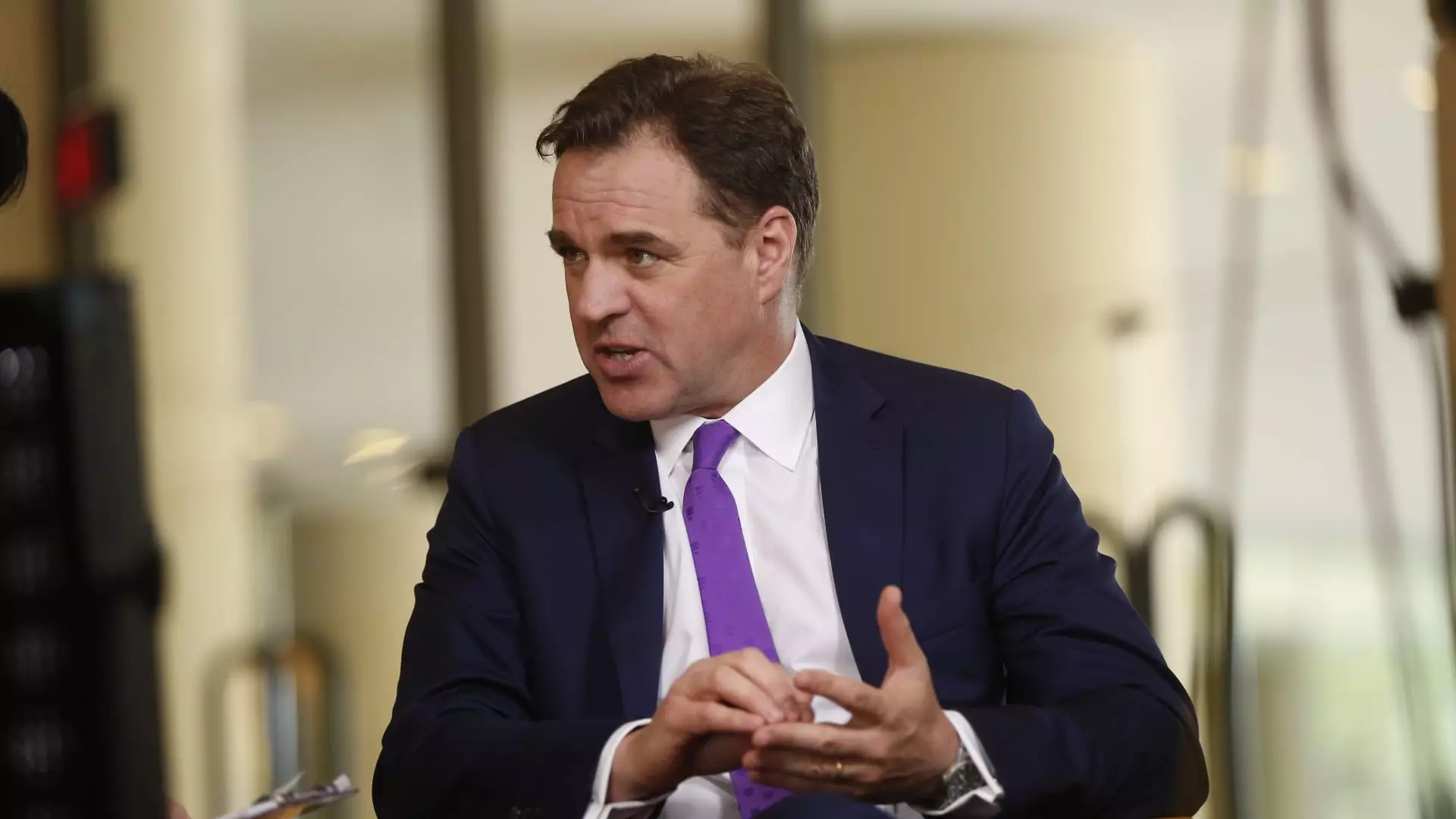The debate surrounding former President Donald Trump’s influence on American democracy has become increasingly complex as his political narrative evolves. Historian Niall Ferguson recently offered insight into how perceptions of Trump’s presidency, particularly his first term, have shifted over time. Initially, many critics feared that Trump’s rise represented a serious threat to the foundations of democracy in the United States. These concerns intensified following the events of January 6, 2021, when a mob stormed the U.S. Capitol in a bid to overturn the results of the 2020 election. However, Ferguson argues that such fears may have been overstated, suggesting that the governance systems in place are more resilient than originally thought.
Ferguson contends that the accusations of fascism that haunted Trump during his initial campaign in 2016 and beyond have somewhat lost their potency. Instead of draping the nation in autocracy, Trump’s first term was characterized by both achievements and failures that challenged the narrative of an impending dictatorship. The resilience of U.S. democratic institutions, he argues, played a pivotal role in countering Trump’s more controversial impulses, especially during the turbulent moments immediately following the last election.
The Capitol riot on January 6 marked a crucial moment in U.S. history and served as a flashpoint for evaluating Trump’s presidency. Many viewed this event as an outright assault on the democratic process, driven by Trump’s allegations of a stolen election. A report from the select committee investigating the circumstances surrounding the events of that day shed light on Trump’s actions, revealing attempts to undermine the electoral process itself.
However, Ferguson presents a counter-narrative, positing that, despite these grave missteps, Trump has managed to maintain a strong support base. He suggests that this affinity reflects an electorate that has directly experienced a Trump-led administration, which could temper their responses to claims of democratic threat. What’s significant here is the idea that familiarity with Trump’s governing style may have softened the acute alarm felt in 2016. This begs the question: How much do past experiences shape current political fears and affiliations?
As the political scenario solidifies ahead of the upcoming election, both Trump and his Democratic rival, Kamala Harris, are facing significant challenges. Ferguson points out that Harris, as Vice President under Joe Biden, may struggle under the weight of a mixed economic record, one marked by growth yet marred by rising inflation and immigration concerns. This could be a critical factor as voters weigh their preferences in a polarized environment.
The economy is a key battleground for both candidates, particularly as each articulates different pathways to addressing fiscal issues. Trump has expressed a belief in fostering economic growth without raising taxes, while Harris has proposed a tax structure aimed at higher earners, seeking to generate revenue for public programs. This stark contrast underscores broader ideological divides that could resonate deeply with voters.
In Ferguson’s assessment, the upcoming election won’t just be a contest between two personalities but a deliberate choice between two contrasting economic visions. This dichotomy might miss out on deeper societal concerns about wealth inequality and fiscal sustainability, instead focusing on the personalities involved.
As Trump seeks to regain his footing on the national stage, the lessons from his first term serve as both a guide and a warning. The historical narrative continues to evolve, with analysts like Ferguson urging a reassessment of the former president’s legacy. Rather than simply a precursor to tyranny, Trump’s presidency may be viewed as a complex case study in the resilience of American democracy.
While fear of an authoritarian regime may have diminished, the challenges presented by Trumpism stretch beyond individual governance. Moving forward, it will be essential for voters and political leaders alike to engage thoughtfully with the past and critically with the future. As the electoral landscape becomes more charged, the conversations surrounding democracy, governance, and leadership will inevitably take center stage, framing how society perceives power in an ever-changing political theater.


Leave a Reply